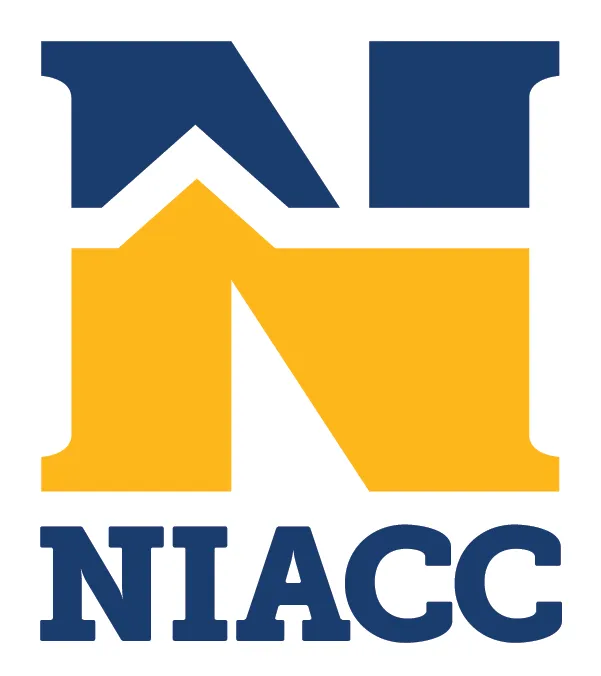Hazing Policy
Hazing is defined as any intentional, knowing, or reckless act committed by a person (alone or acting with others), against a student or prospective member of an organization, regardless of the willingness of such other person or persons to participate that:
- Endangers the mental or physical health or safety of the individual,
- Causes humiliation, degradation, or undue stress,
- Is a condition of initiation into admission, affiliation with, or continued maintenance of membership in a student group and/or organization, regardless of consent.
- Causes or creates a risk, above the reasonable risk encountered in the course of participation in the institution of higher education or the organization (such as the physical preparation necessary for participation in an athletic team), of physical or psychological injury, including but not limited to:
- whipping, beating, striking, electronic shocking, placing harmful substances on someone’s body, or similar activity.
- causing, coercing, or otherwise inducing sleep deprivation, exposure to the elements, confinement in a small space, extreme calisthenics, or other similar activity; ◊ causing, coercing, or otherwise inducing another person to consume food, liquid, alcohol, drugs, or other substances.
- causing, coercing, or otherwise inducing another person to perform sexual acts; ◊ any activity that places another person in reasonable fear of bodily harm through the use of threatening words or conduct.
- any activity against another person that includes a criminal violation of local, State, Tribal, or Federal law; and
- any activity that induces, causes, or requires another person to perform a duty or task that involves a criminal violation of local, State, Tribal, or Federal law.
A student organization is defined as “an organization at an institution of higher education (such as a club, society, association, varsity or junior varsity athletic team, club sports team, fraternity, sorority, band, or student government) in which two or more of the members are students enrolled at the institution of higher education, whether or not the organization is established or recognized by the institution”.
Required Education and Prevention
Per the Stop Campus Hazing Act:
- All students involved in campus organizations, clubs, or athletics must complete annual hazing prevention training.
- Student leaders and advisors will receive enhanced education on how to identify, prevent, and report hazing.
Training will be delivered in multiple formats (online modules, workshops, and orientation materials) and tracked through our student engagement platform.
Mandatory Reporting/ Responsible Employees
All employees, including faculty, staff, and student workers, are required to report hazing incidents. Reports may be made anonymously. Failure to report hazing may result in disciplinary action, as mandated by state and federal laws.
Reports can be submitted by:
- The Campus Hazing Reporting Form (available on TrojanHome)
- The Vice President of Student Development
- Student or Employee Title IX Coordinator
Transparency and Public Disclosure
In compliance with the Stop Campus Hazing Act, our college will:
- Maintain a publicly accessible record of all hazing violations by student groups within the past five years,
- Update the record within our Annual Safety and Fire Report (ASR),
- Include information such as the name of the group, date of the incident, and any sanctions imposed.
This database will be published on the NIACC webpage and made available upon request.
Campus Hazing Transparency Report
Investigation and Accountability
Upon receiving a report, the college will proceed through our Student Code of Conduct processes.
- Conduct a prompt, thorough, and impartial investigation,
- Provide due process to all parties involved,
- Enforce appropriate sanctions, including removal of organizational recognition, suspension, or expulsion.
Commitment to Student Wellbeing
Hazing is fundamentally incompatible with our values as an educational community. Our college is committed to:
- Supporting survivors through counseling and advocacy services,
- Partnering with students to build positive, healthy traditions,
- Ensuring all students feel empowered to speak up and seek help.
